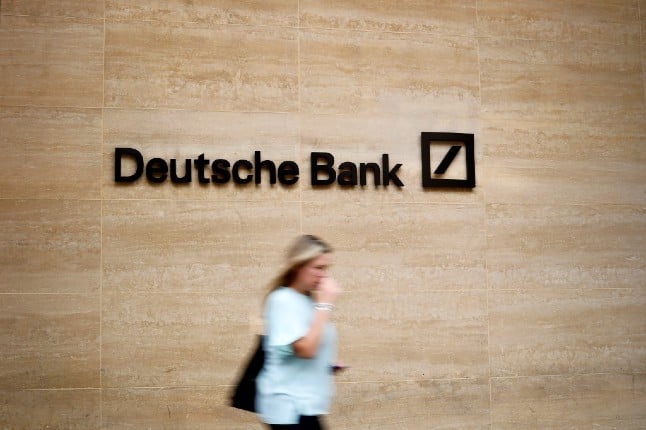“The Baltic countries are Swedish turf for geographical and historical reasons,” said Olle Wästberg, state secretary in Sweden’s finance ministry from 1991 to 1993 when the Scandinavian country faced its own banking crisis.
Swedish banks moved into Estonia, Latvia and Lithuania 15 years ago when the credit markets there were deregulated after the fall of the Soviet Union, offering growth opportunities for businesses in neighbouring Scandinavia looking to diversify and increase their sources of revenue.
By 2008, Swedbank accounted for 49 percent of private lending in Estonia, while SEB held a 30.1 percent market share in Lithuania.
Wästberg, who today heads up the Swedish Institute specialised in Sweden’s foreign relations, noted that Swedish banks “are heavily exposed and have done most of their business in euros.”
With the Swedish krona having lost about 20 percent of its value against the euro since September, that means their cost of doing business has skyrocketed.
“Loan losses are on the rise, and there is great uncertainty about the level loan losses will reach in these countries,” said Elina Riutta, an analyst at Evli Bank in Finland.
Swedish banks’ lending to the Baltic states totals 500 billion kronor ($58.2 billion), including 80 billion for Nordea, the largest banking group in the Nordic region, 200 billion for SEB and 220 billion for Swedbank, figures from Sweden’s Financial Supervisory Authority showed.
Swedbank, which has 17 percent of its total lending in the Baltics, is the most exposed, followed by SEB with 12 percent and Nordea with three percent, said Riutta.
“The amounts are big — especially for Swedbank and SEB. They have to handle it in one way or another, and that will be a threat to their solidity and lending capacity,” Wästberg said.
Masih Wazdi, an analyst at the Financial Supervisory Authority, which monitors 3,900 companies, said that while “the exposures are large in absolute numbers, (they) represent only a small part of the banks’ total exposures.
“The current situation in the Baltic countries, with annual gross domestic product (GDP) falls of around 10 percent, is of course challenging and the banks will have large credit losses in the Baltics in the coming years.”
But since the exposure to the Baltics represents less than 10 percent of the Swedish banking sector, it doesn’t represent a threat to the Swedish economy as a whole, where the banking sector accounted for three percent of the Scandinavian country’s gross domestic product in 2007.
Nonetheless, a weakened bank sector is not good news for Sweden, which entered into a recession in the second quarter of 2008.
There is “great uncertainty in assumptions of coming credit losses, but the Swedish banks are currently well capitalised and should be able to withstand even a very bad development in the Baltics,” Wazdi said.
The Swedish government has also presented a scheme to aid the banking sector.
The two most exposed banks, Swedbank and SEB, have recently taken measures to improve their financial situation, with the former withdrawing its proposed dividend for 2008 to beef up its coffers and the latter announcing a share issue in order to facilitate borrowing.
Swedbank’s operating income fell by 41 percent in the fourth quarter from the same period a year earlier, while SEB’s dropped by 12 percent.
Nordea, whose operating income dropped by 28 percent in the fourth quarter, has also announced a rights issue and plans to reduce its dividend to increase capital by three billion euros.
Last week, credit rating agency Moody’s said it still considered Sweden’s banks solid.
“Despite the heightened vulnerabilities, Moody’s still considers the Swedish financial sector to be solid overall, thanks to its robust and stable domestic retail franchises and historically good financial fundamentals, which should represent a good buffer to absorb some deterioration in the key financial ratios,” it said.



 Please whitelist us to continue reading.
Please whitelist us to continue reading.